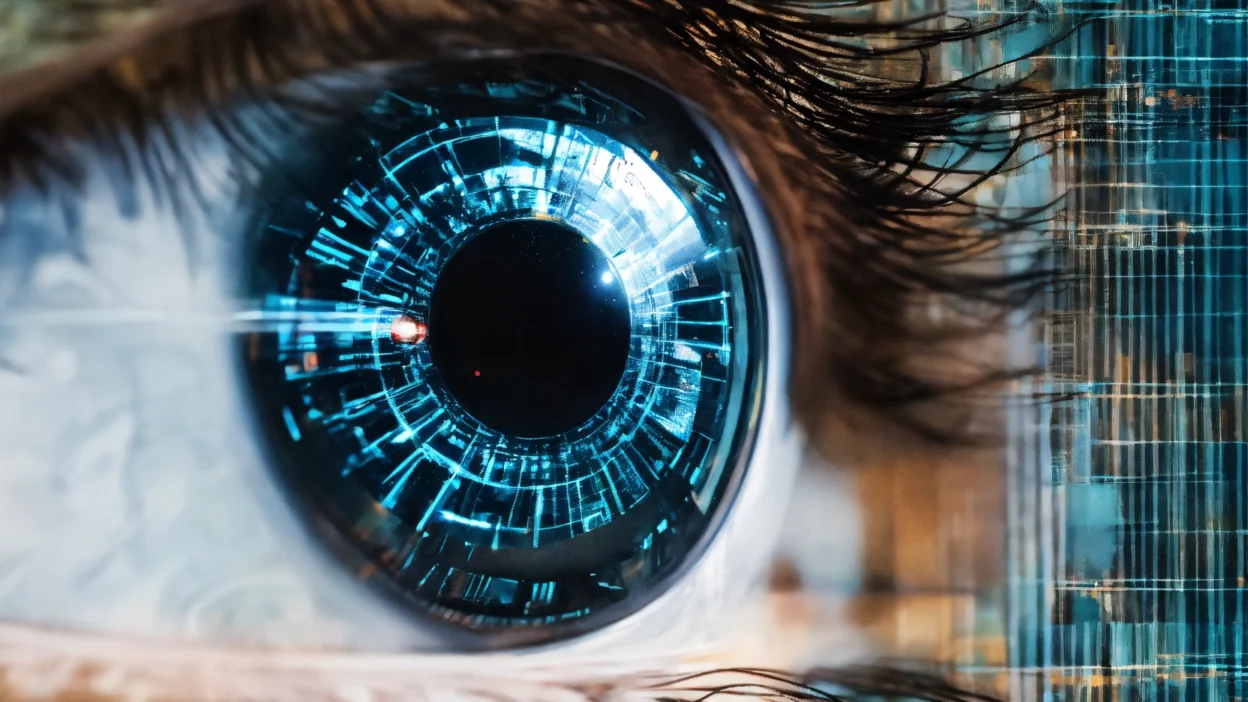Understanding Surveillance Technologies
Surveillance technologies include various tools designed to observe and record people’s behavior, communications, and movements. These technologies are used in many sectors, such as law enforcement, healthcare, and retail. Their use has surged, largely due to advancements in AI, machine learning, and the Internet of Things (IoT). These innovations make surveillance systems more precise and efficient. From facial recognition software to smart cameras, these tools gather data from every corner of society.
The Role of AI in Surveillance
AI has greatly enhanced surveillance systems. It allows for real-time analysis of video footage, making surveillance more efficient. AI algorithms can recognize faces, detect objects, and even predict behaviors. With deep learning, AI systems continue to improve and adapt. As a result, surveillance has become more comprehensive and intrusive. AI can track individuals across various platforms, raising concerns about privacy.
Privacy Concerns and Ethical Implications
The rise of surveillance technologies has intensified privacy concerns. With the ability to track every movement, ethical questions arise. The risk of collecting sensitive data without consent is troubling. Additionally, there are concerns about data storage, sharing, and exploitation. While surveillance enhances security, it may also undermine personal freedoms. The growing use of these technologies risks infringing on civil liberties.
Legislation and Surveillance
Governments are struggling to regulate the use of surveillance technologies. They must balance security needs with individual rights. Legislation is crucial to prevent abuse, but technology often advances faster than the law. There is a debate over how much surveillance should be allowed and how data should be controlled. Without proper regulation, surveillance could violate privacy and human rights. Legal frameworks must ensure that surveillance practices remain ethical and transparent.
Conclusion
In conclusion, surveillance technologies offer clear benefits, but they also present challenges. While they enhance security and data collection, they risk infringing on privacy and civil liberties. As these technologies continue to evolve, it’s crucial to find a balance. Governments and citizens must work together to ensure that security does not come at the cost of personal freedom.



